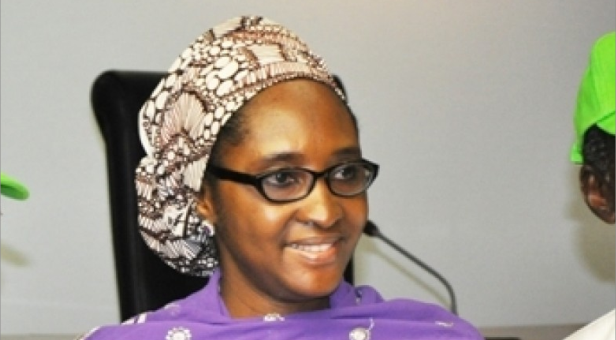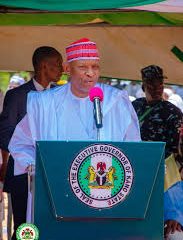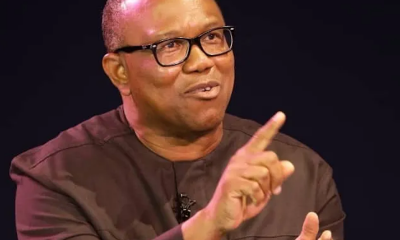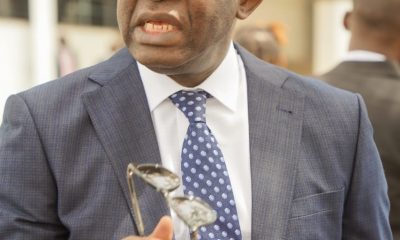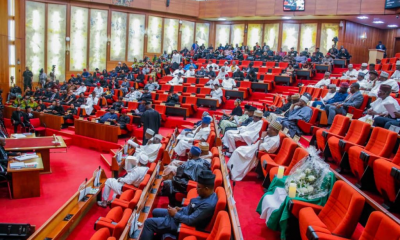President Muhammadu Buhari has placed budget and economic planning under the finance ministry, a move that will increase the influence of Zainab Ahmed, finance minister in the newly-appointed cabinet as she moves to shore up a slow-growing Nigerian economy.
Ahmed was sworn-in Wednesday, at an elaborate ceremony in Abuja, the nation’s capital. President Buhari is returning the budget and planning portfolio to the finance ministry four years after he split them during his first term.
Bloomberg reports that direct control over the budget of Africa’s top oil producer could help Ahmed’s drive to bolster government revenues and control expenditure that has more than doubled in the last four years. The Presidency warned last week that low revenues could lead to a fiscal crisis and demanded the tax agency explain its repeated failures to meet collection targets.
In June, Ahmed said the government will hike the rate of value-added tax to 7.5% from current 5% to bolster non-oil earnings, which at between 3% and 4% of GDP is among the lowest levels in the world.
“It seems she is making it into the inner caucus of the president. For a position as important as finance, that can only be a good thing because it means she will have the listening ears of the president in terms of reform agenda,”said Omotola Abimbola, macro and fixed income analyst at Chapel Hill Denham in Lagos.
“But everything depends on the will of the president,” he added.
Now in his second term, Buhari, a former military ruler in the 1980s, has come under pressure for not moving fast to jump-start an economy still reeling from a 2016 contraction that left millions unemployed in the continent’s most populous country. The economy is expected to grow just above 2% in 2019.
Declining government earnings has hampered efforts to reduce poverty in Nigeria, which has the the world’s highest number of people living in extreme poverty, according to the Brookings Institution.

 Health5 days ago
Health5 days ago
 Entertainment7 days ago
Entertainment7 days ago
 Education7 days ago
Education7 days ago
 Crime5 days ago
Crime5 days ago
 Health7 days ago
Health7 days ago
 Comments and Issues6 days ago
Comments and Issues6 days ago
 Football6 days ago
Football6 days ago
 Latest6 days ago
Latest6 days ago
